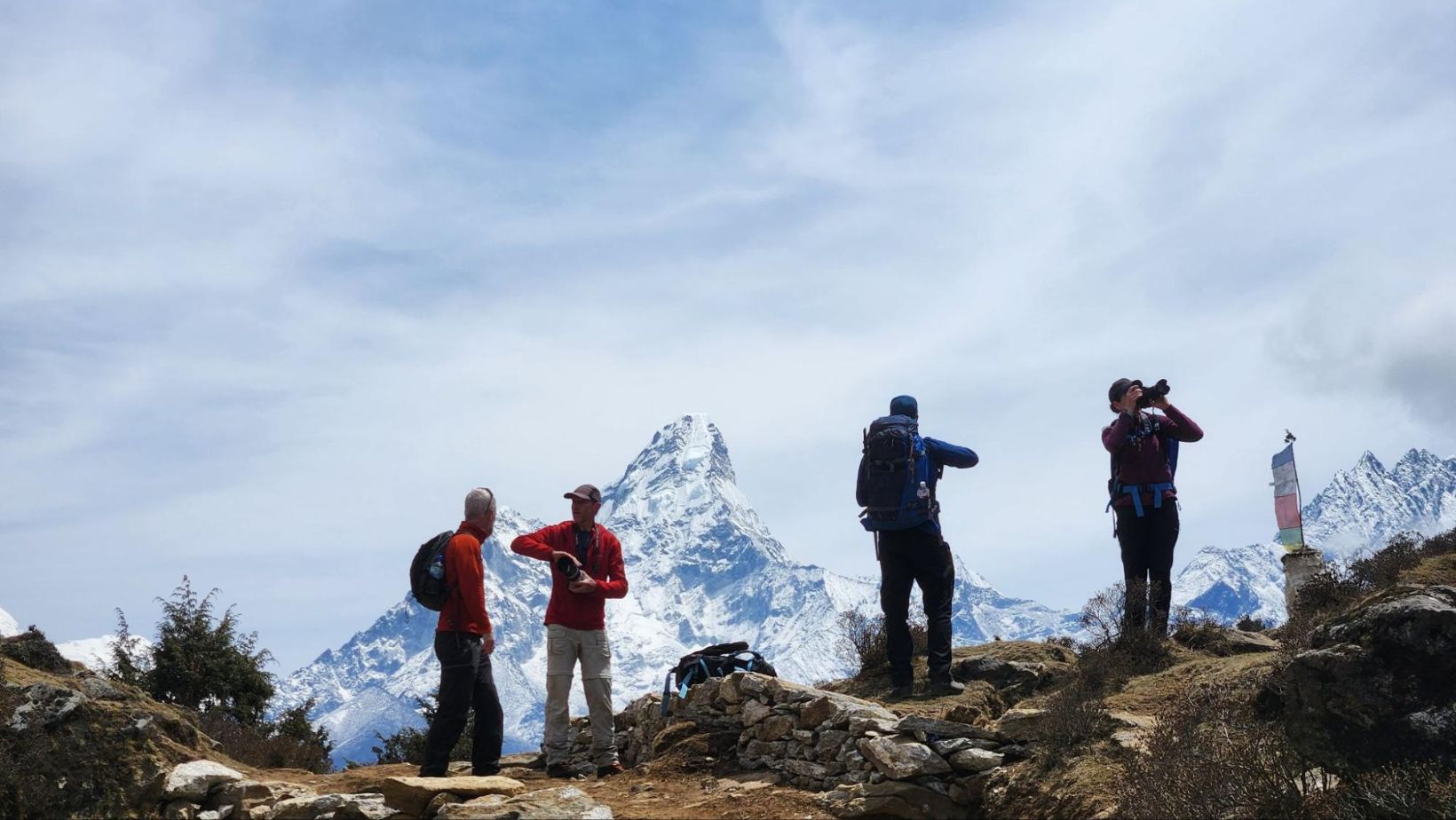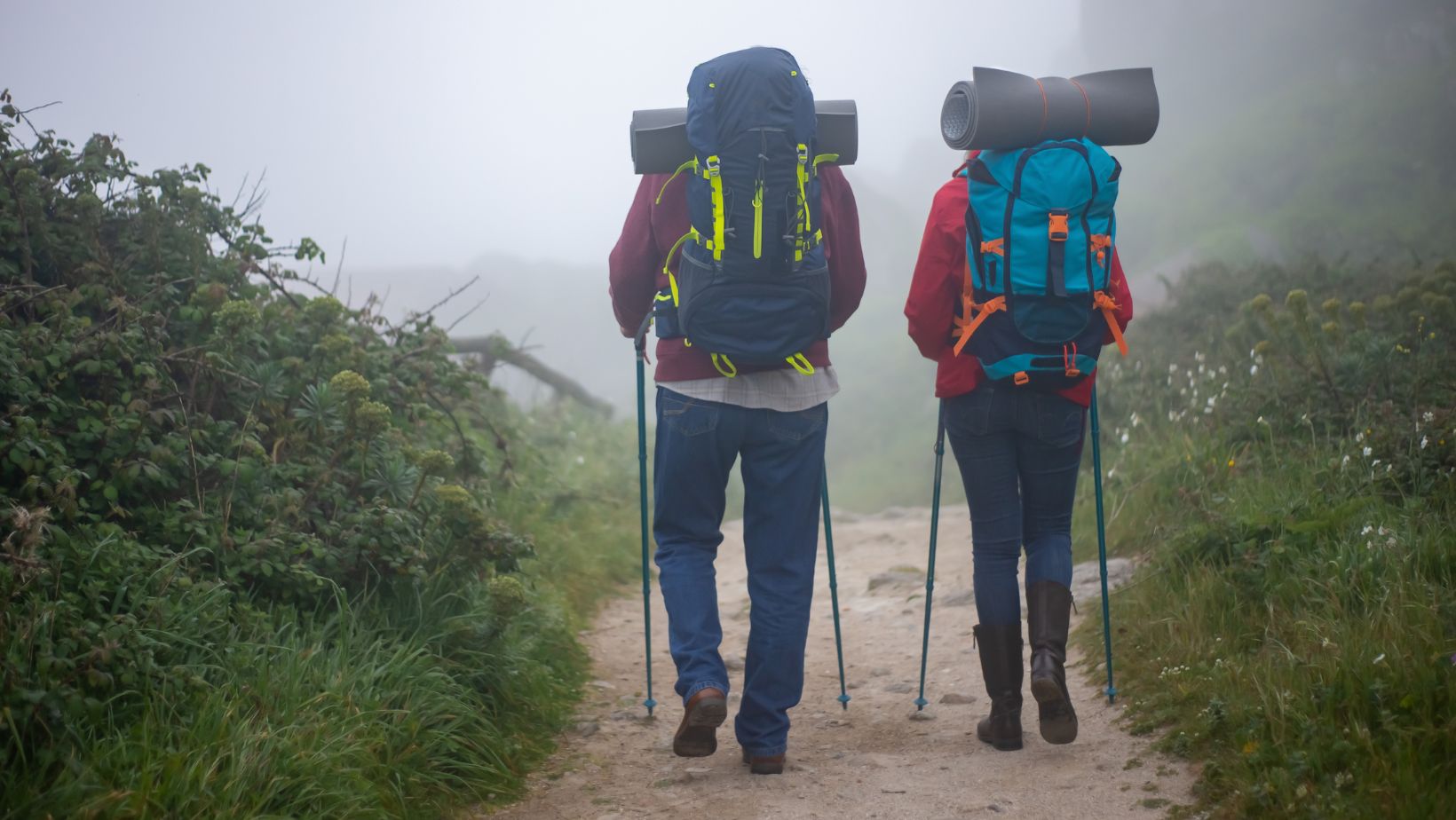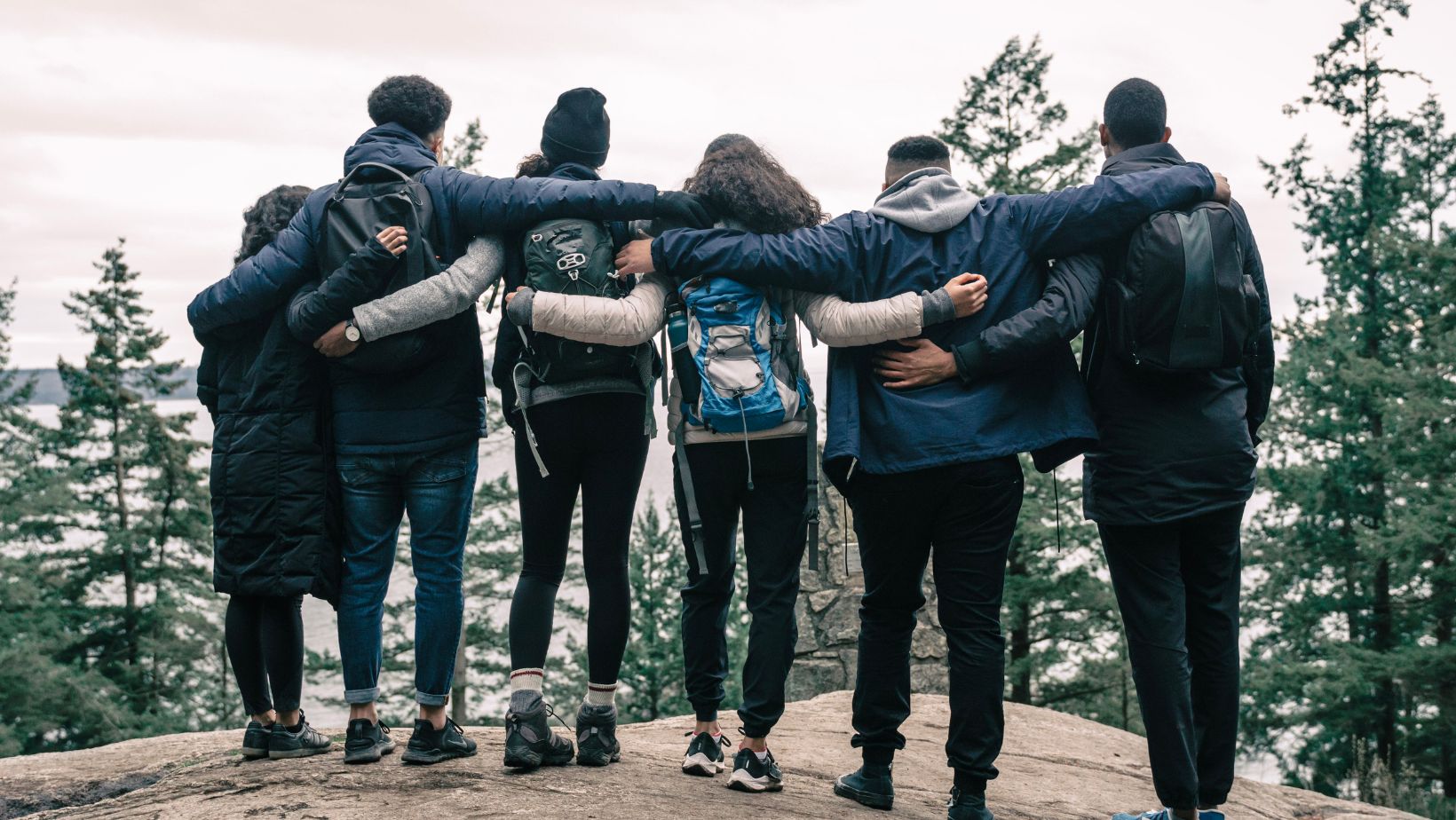
Trek to Everest Base Camp is a dream come true for adventure seekers and trekking enthusiasts alike. Nestled between the tall, standing Himalayan peaks, this iconic 12-day journey takes you through some of the most breathtaking landscapes in Nepal.
While the experience is priceless, it’s essential to plan your budget carefully to ensure a smooth and memorable trek. In this post, we’ll break down the costs involved in Everest Base Camp Trek to help you prepare for the adventure of a lifetime.
Pre-Trek Expenses
Before going on Everest Base Camp Trek, there are a few pre-trek expenses you should consider. These include:
- International Flights: The starting point for the trek is usually Kathmandu, Nepal’s capital. The cost of your international flight to Kathmandu will depend on your location and the time of booking. For budget travelers, it’s advisable to keep an eye on deals and discounts offered by airlines.
- Visa and Permits: Nepal offers visas on arrival for most nationalities. The cost of a tourist visa is typically around $30-$50 for a 15-30 day stay. Additionally, you’ll need permits for the Everest region, such as the Sagarmatha National Park Permit and the TIMS (Trekkers’ Information Management System) card, which can amount to $40-$60 in total.
- Travel Insurance: Investing in comprehensive travel insurance that covers high-altitude trekking is crucial. The cost will vary depending on your age, coverage, and trip duration but can range from $100 to $300.
Trekking Package
Most trekkers opt for organized trekking packages provided by local agencies. These packages typically include essential services such as accommodation, meals, guides, and porters. The overall cost of Everest base camp package will vary based on the duration of the trek, the level of luxury or simplicity, and the inclusions offered. On average, a standard 12-16 day Everest Base Camp Trek package can cost anywhere from $1,500 to $2,800.
Accommodation and Meals
Along the trekking trail, you’ll find teahouses and lodges providing basic accommodation and meals. The cost of accommodation will increase as you ascend higher, as the resources become scarcer.

On average, expect to pay $10-$20 per night for a simple room. Meals at the teahouses usually consist of local and international dishes, with prices ranging from $10 to $15 per meal. Keep in mind that food prices increase with altitude due to the difficulty of transporting supplies to higher elevations.
Guide and Porter Fees
Hiring a local guide is highly recommended for Everest Base Camp Trek. They provide valuable insights into the region, assist with language barriers, and ensure your safety throughout the journey. Guide fees can vary between $30 to $45 per day. Additionally, if you choose to hire a porter to carry your heavy backpack, expect to pay around $25 to $35 per day, including meals and accommodation.
Equipment and Gear
Before the trek, you’ll need to invest in appropriate trekking gear to ensure comfort and safety. While some items can be rented in Kathmandu or Lukla, it’s better to have some essentials of your own. Necessary gear includes trekking boots, warm clothing, sleeping bags, a backpack, trekking poles, and a waterproof jacket. Depending on the quality and brand, gear expenses can range from $300 to $800.
Miscellaneous Expenses
Trekking snacks, water, hot showers, charging electronic devices, Wi-Fi access, and additional activities along the way can add to your expenses. Budget around $300 to $400 for these miscellaneous costs.

Everest Base Camp Trek is a life-changing experience that allows you to connect with nature and challenge yourself physically and mentally. As you plan your adventure, consider these costs to budget effectively. Keep in mind that cost may vary based on individual preferences and the time of year you choose to trek. Proper planning and preparation will ensure a successful and unforgettable journey to the base of the world’s highest peak. Happy trekking!























